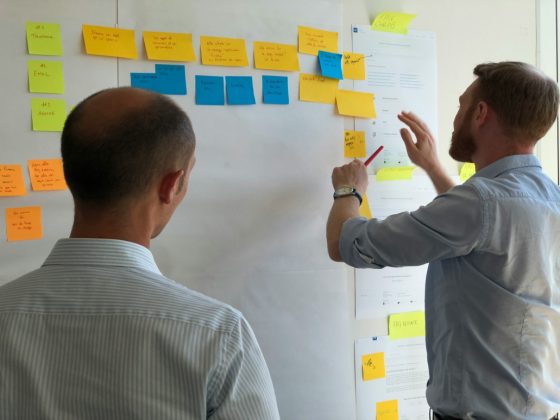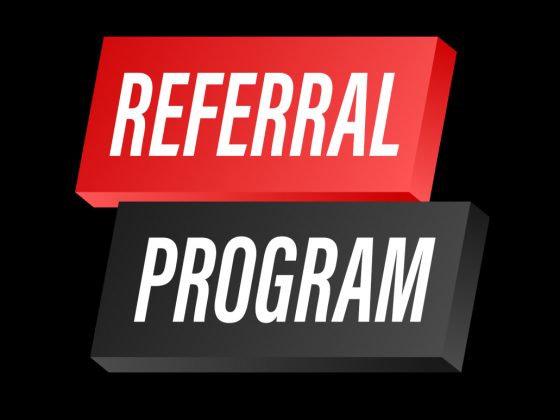Interviews enable both potential employers and workers to assess whether an individual’s skills and personality are a good fit for the company’s needs and culture. While it is patently obvious that candidates should study carefully for a job interview, HR should not take any shortcuts in their preparations. After all, HR is in charge of evaluating and selecting the best candidates. Interviews are when you can learn useful information about a future colleague that you can’t acquire from a CV.
Job interviews may be nerve-wracking, and candidates can make a range of mistakes, from dressing inappropriately to failing to follow up after the interview. We’ve produced a list of the top eight most typical job interview mistakes, along with tips on how to prevent them.
Read Also!
- Work from Home: Advantages & Disadvantages
- Here Is How a Video Resume Can Get You Hired!
- 3 Keys to a Great Pre-screen Phone Call
1. For An Interview, Avoid Dressing Too Casually
It’s important to look professional and polished during a job interview. Yes, your resume is excellent. You also have an excellent portfolio and arrive 15 minutes early for the interview. All of that, though, might be undone if the apparel you’re wearing doesn’t send the correct messages. Dressing too casually for an interview is a classic pitfall to avoid.
2. Leaving Your Resume at Home
Having hard copies of your resume on hand demonstrates that you are well-prepared and professional. Furthermore, while the manager may have a fair notion of what you’ve gone through, it’s always preferable to lay out the facts in front of him or her. You’ve probably sent the interviewer a copy of your resume. Even so, bringing two or three hard copies of your CV to the interview is always a smart idea.
3. It’s a Big No-No to Be Late For an Interview
Everyone understands how crucial first impressions are when it comes to obtaining employment. Every job interview is an opportunity to make a positive impression on the hiring managers, one that displays reliability and professionalism. One method to exhibit the total opposite is to arrive late. Arriving late for an interview gives the impression that you don’t care about the job, aren’t good with deadlines, or are plain unorganized. You’d also be tampering with a manager’s busy schedule.
4. During An Interview, Avoid Looking At Your Phone
Mute your phone before you go to your interview. Not only is texting during an interview impolite and unpleasant, but it also sends a message to your potential employer that securing the job isn’t your top priority. Even if we live in a world where the internet is available 24 hours a day, it is no excuse. Avoid staring at your phone during an interview; it’s a quite certain way to indicate to a manager you’re not serious about the job.
5. Having No Prior Knowledge of the Company
Don’t be surprised if your future employer asks, “What have you heard about this company?” Some preparation before your interview can help you master these easiest questions. Hiring managers want to know that you’re serious about the company and the job opening. To appear competent and interested in the job, do as much research as possible on the organization and position.
6. Allowing Yourself to Drift Off During an Interview Is Not a Good Idea
Make sure you’re well-rested, attentive, and ready for anything. It looks dreadful on you if you get distracted and miss a question. If you lose attention during an interview, your potential employer will question how you would keep concentrated during a full day on the job if you can’t even stay focused during one. Make an attempt to maintain your focus if you see your attention sliding. Maintain eye contact with your interviewer, lean forward slightly when speaking, and actively listen.
7. Make Sure you’re Not Slamming Your Previous Boss or Coworkers
When you’re applying for a job, you want to show your potential employer that you can work effectively with others and resolve problems maturely and effectively, rather than slamming your coworkers or pointing out other people’s incompetence. One of the worst interview blunders you can make is slamming a prior employer, and you should avoid it at all costs. You never know who your interviewer knows, and the world is sometimes a smaller place than you believe.
8. Prepare a List of Questions to Ask the Employer Beforehand and Prepare Well For the Very Basic Questions
Your interviewer will most likely ask you more than just the basics regarding where and when you worked. Your interviewer will use the time allocated to learn everything he or she needs to know about you as an employee to gain a sense of your aptitude for the work. Prepare a list of questions to ask the employer so you’ll be ready when the interviewer asks if you have any questions. Examine the types of interview questions you should never ask, as well as the worst interview responses to avoid at all costs. Hiring managers are more impressed by candidates who ask thoughtful inquiries than by their self-promotional statements.
Avoiding These Mistakes Isn’t Challenging
Many job candidates make the mistake of failing to follow up after the interview. A follow-up email or phone contact demonstrates interest in the position and appreciation for the opportunity, all of which will impress the hiring manager even more. A follow-up email doesn’t have to be extensive, but it should be tailored by referencing something from the interview. This could be the highlight that puts you over the top and lands you the job.
The interview is now the only thing standing between you and your ideal job. This frightening process can frustrate even the most experienced of us, and mastering it requires effort. This interview checklist will assist you in being well prepared to avoid common job interview mistakes and to succeed in your interview. These job interview tips contain all you need to know about completing a successful interview, from exploring the company to delivering an interview thank you for a message. And best of luck with your employment interview!










